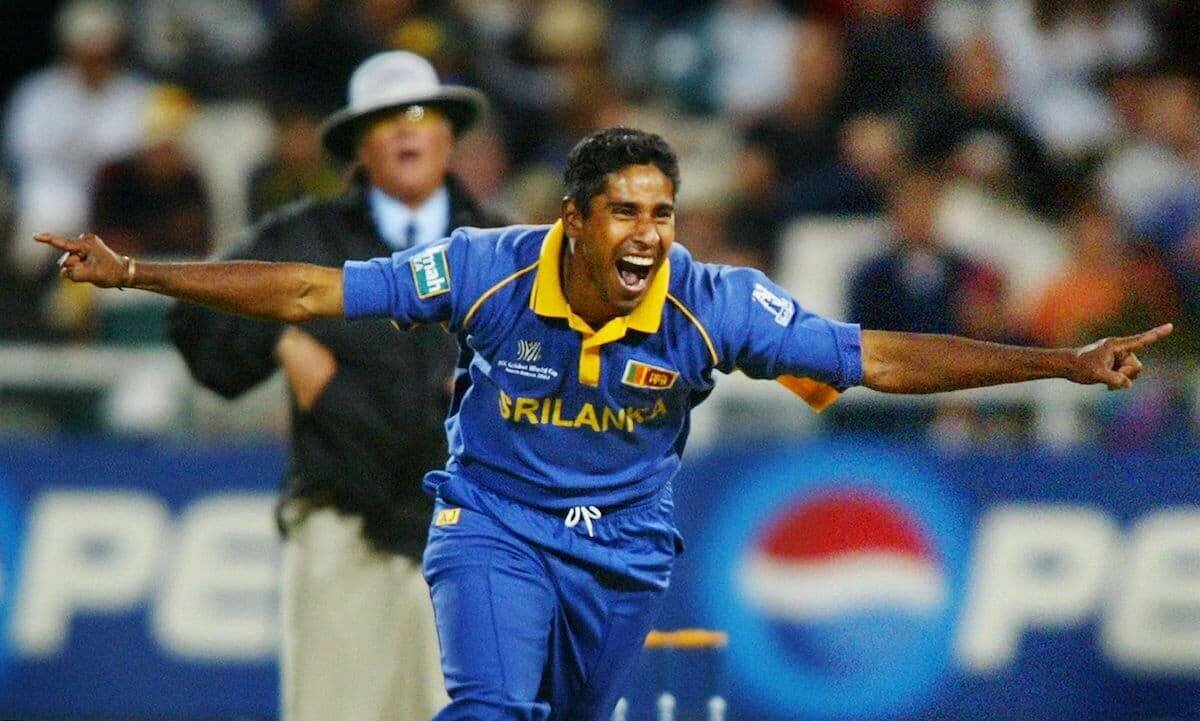On This Day: England Smash Past 400 And Start A New Era
“England had the wrong team, the wrong style of play & everyone could see it.”
Those were the words of the legendary Australian leg-spinner Shane Warne when England exited the 2015 Cricket World Cup with a whimper. He had a point. The side had just lost to Bangladesh by 15 runs, making it four defeats in five games following heavy losses to Australia, New Zealand and Sri Lanka in their previous matches. English white-ball cricket was a mess. It had been for some time.

Since making the final in 1992, England had not been past the quarter-finals in any of the following six 50-over World Cups. March 9, 2015 marked a new low for the side. That humiliating loss to Bangladesh showed just how far England were behind the best sides in the world on cricket’s grandest stage. Change was needed. It was time to go back to the drawing board.
Exactly three months later, England were back in 50-over action for their first series since the debacle in Australia. Their task was a sizeable one. They were set to face World Cup runners-up New Zealand in a five-match series starting at Edgbaston. The Kiwis had pummelled England by eight wickets at the World Cup, and there were fears that further embarrassment could be just around the corner for the hosts.
What transpired was something very different. England played a brand of cricket that they had never produced before. A new era of English cricket had arrived, and the team were to never look back.
Time for the One-Day specialists
England’s team during the World Cup had never looked right. Whilst the leading sides at the tournament had relied upon trusted one-day players who were capable of scoring quickly or taking wickets at key moments, England had stuck with a high number of Test players and simply put, it had not worked. Under interim head coach Paul Farbrace, changes were made for the upcoming series with New Zealand. James Anderson and Stuart Broad were left out having barely picked up a wicket between them in Australia, whilst Ian Bell was also replaced at the top of the innings. In came Surrey’s Jason Roy, all-rounder Ben Stokes, spinner Adil Rashid and the experienced seamer Liam Plunkett. All had impressed in the shorter format in recent seasons, and now they were handed their chance on the international stage.
In all, only five players that played on that dreadful night in Adelaide against Bangladesh had survived to start this game. Radical changes had been made. It was now the moment to see what this new crop of players could do.
Fearless, despite a nightmare start
New eras do not always start perfectly. This one certainly did not. The new-look opening partnership of Roy and Alex Hales was ended after just a single ball when the former was caught at point, attempting an uppish drive off the bowling of Trent Boult.
The old England would have gone into their shells. Not this team though. In came Root, who took the initiative away from the visitors immediately. Timing the ball impeccably from the off, the Yorkshireman rattled along at comfortably above a run-a-ball. Hales fell for 20, but still, England were not to be deterred from their new positive approach.
Morgan played a captain’s knock, hitting 50 off 46 balls, whilst Root completed his century off just 71 deliveries. However, both perished within ten balls of each other, and when Stokes and Sam Billings were dismissed cheaply, the English had lost a little momentum at 202-6 with 20 overs left.
Enter Jos Buttler. The wicketkeeper-batsman had shown glimpses of his talent at the World Cup, but this was to be the time that his full array of skills really shone through. Accompanied by Rashid who hit a half-century of his own, Buttler struck the ball to all parts of the ground in his outstanding knock of 129 off 77 balls. Once again, when the pressure was on, the team had not held back, taking risks rather than letting the innings drift away from them.

When Buttler eventually fell, the score had been moved along to 379, and it was left to Plunkett to smash the ball over long-on to take England past 400 in the final over as the side finished on 408-9.
Records tumble as England pull off a stunning win
It had been a remarkable 50 overs for England’s batsmen, and they did not let up with the ball. Rashid and Steven Finn both claimed four wickets apiece as the Kiwis were dismissed for 198. England had wrapped up a 210-run win, their biggest ever winning margin in one-day internationals, and that was far from the only record to fall on the day.
This was the first time that England had ever been past 400, whilst Buttler and Root’s centuries were the second and four-fastest tons in the side’s history. England’s total of 14 sixes was also a record, reflecting how positive the team had been throughout their innings.
“We told the group two days ago about the way we wanted to go about it and we have certainly started well”, said Morgan as he reflected on a pivotal day for English cricket.
The Blueprint for World Cup success
The team would go on to win the series 3-2, with plenty of big-hitting on show throughout. England’s destructive batting line-up would deliver consistently in the years afterwards as well, eventually hitting a world-record international total of 481-6 against Australia in June 2018. Meanwhile, Rashid and Plunkett would establish themselves as middle-over specialists as England built an exceptional side.
Fittingly, England’s crowning glory came against New Zealand in the World Cup final in July 2019, as the side won by the finest of margins at Lord’s. From the shameful performances of the 2015 World Cup, it had been some turnaround.
Looking back five years later, this game was the turning point for England’s 50-over side. The team would face many challenges in the years that followed as they moved to the summit of the rankings, but it was clear that this day deserves to be remembered as the moment when it became apparent that England were capable of becoming the best side in the world.
Read More
“I DIDN’T GROW UP WANTING TO BE ANYONE, I HAD TO BE MYSELF”- THE MAYANTI LANGER INTERVIEW
SRINIVAS SADHANAND \
IN CONVERSATION WITH
STUDYING THE IPL REVOLUTION THAT CHANGED CRICKET FOREVER
TAPAN UNADKAT \
FEATURES
CHAMINDA VAAS: SWIMMING AGAINST THE CURRENT
KUSHAGR DIXIT \
THROWBACKS



